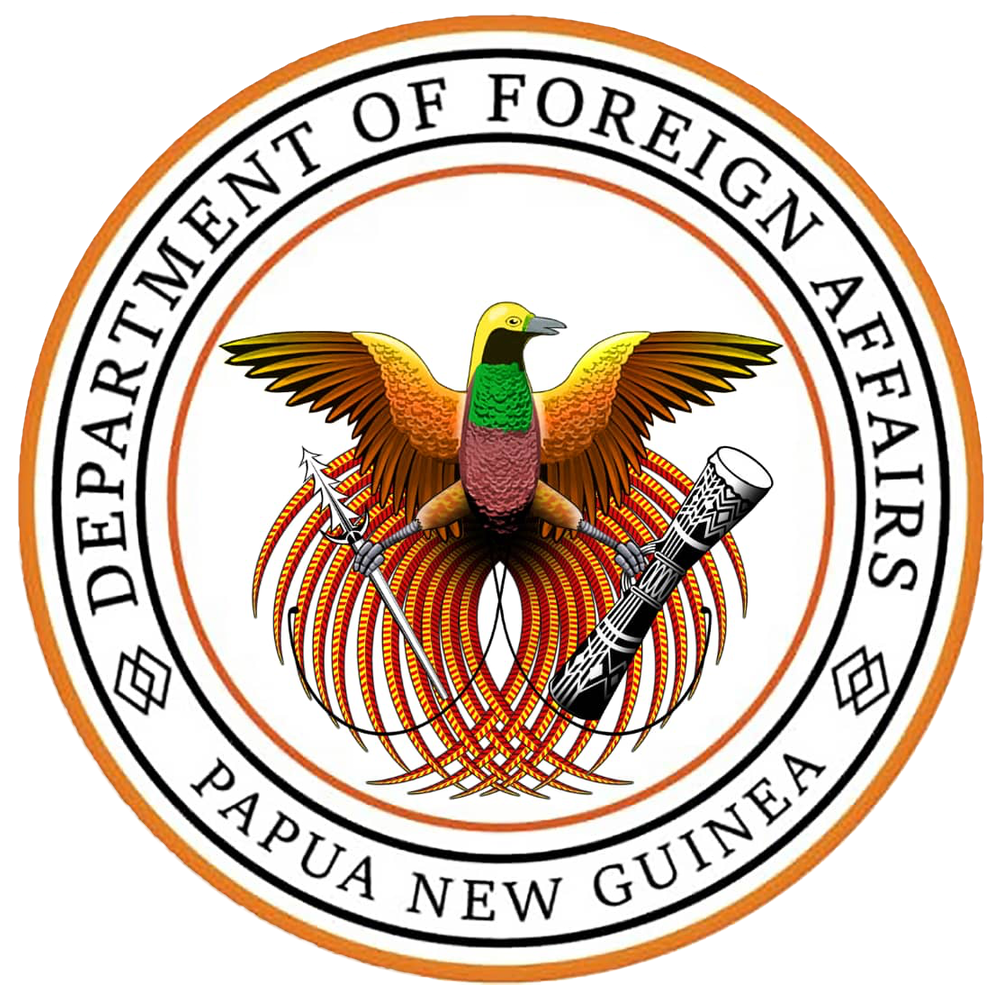About PNG: Labour and Taxation
The labor and taxation landscape in Papua New Guinea (PNG) is shaped by both local customs and international economic influences. Labor laws aim to regulate employment relationships, ensuring fair treatment of workers and fostering a stable economic environment. Additionally, taxation policies play a crucial role in generating revenue for public services and infrastructure development.
PNG's labor market is diverse, encompassing traditional subsistence agriculture, natural resource industries, and the public sector. Employment laws define the rights and obligations of both employers and employees, covering aspects such as wages, working hours, and workplace safety. The government endeavors to strike a balance between protecting workers' rights and fostering an environment conducive to economic growth.
The nation's tax system includes a range of taxes, such as income tax, goods and services tax (GST), corporate tax, and customs duties. Income tax is progressive, with rates varying based on income levels. GST is levied on the supply of goods and services. Corporate tax rates apply to business profits. Customs duties are imposed on imported goods, contributing to revenue generation and protecting local industries.
Tax incentives and concessions are employed to stimulate specific economic activities. For example, there may be incentives for businesses operating in designated development zones or engaging in activities deemed vital for the country's economic growth. These measures are designed to attract investment and promote sectors that contribute to employment and national development.
The informal sector, which includes small businesses and subsistence activities, is significant in PNG. Informal sector workers often operate outside the formal tax system. Addressing taxation in the informal sector poses challenges, and the government continues to explore strategies to integrate informal businesses into the formal economy while ensuring fair taxation practices.
Labor mobility, particularly migration for work opportunities, is a notable aspect of PNG's labor landscape. The seasonal worker program and arrangements with neighboring countries contribute to labor mobility. These initiatives aim to address labor shortages in specific industries and provide economic opportunities for Papua New Guinean workers.
Challenges in the labor sector include issues related to employment discrimination, workplace safety, and the informal nature of many job arrangements. The government, in collaboration with international partners, works towards addressing these challenges through legal frameworks, awareness campaigns, and capacity-building initiatives.
The PNG Internal Revenue Commission oversees tax administration, ensuring compliance with tax laws and facilitating revenue collection. Efforts are ongoing to streamline tax processes, enhance transparency, and improve efficiency in tax administration. The government also engages in dialogue with stakeholders to gather input on tax policy reforms.
Double taxation agreements with various countries aim to prevent the taxation of the same income in multiple jurisdictions. These agreements provide clarity on the tax treatment of income for individuals and businesses engaged in cross-border activities, fostering international trade and investment.
The interaction between labor laws and taxation policies in PNG is integral to shaping the economic and social fabric of the nation. Balancing the need for revenue generation with measures that promote employment, economic growth, and equitable taxation is an ongoing challenge, and the government's policies aim to strike a harmonious balance between these objectives.

